A properly drafted Will ensures that your assets passes in accordance with your wishes when you die. Living Wills are completely different. They provide instructions regarding end-of-life medical care.
A person would not need a Living Will if she knew that she would always be able to communicate her own medical decisions. Unfortunately, none of us can be sure of that.
We also cannot be sure of our ability to anticipate every possible end-of-life scenario, which means that even a well-drafted Living Will may not be enough.
That’s why most people who engage in end-of-life planning also name an agent to make medical decisions for them anytime they cannot do that for themselves. Documents that name an agent and provide end-of-life instructions are called Advance Healthcare Directives.
Thanks to the U.S. Supreme Court and the Hawaii State Legislature, the law in this area is much clearer than it was several decades ago. Each of us has a constitutional right to make our own healthcare decisions, which generally includes dying on our own terms. More specifically, healthcare professionals cannot administer life-sustaining medical treatment against the wishes of the patient or the patient’s agent.
Life-sustaining medical treatment for this purpose can include not only artificial life-support made possible by hi-tech gadgets, but also nourishment and hydration.
People who name an agent in their Advance Directive often elect to sign a Health Insurance Portability and Accountability Act (HIPPA) Release as well. That enables healthcare providers to talk freely with the agent about medical matters that would otherwise be confidential. Such releases can take effect immediately or only once the person in question is no longer able to make or communicate her own healthcare decisions.
When selecting a healthcare agent, choose someone who is capable of exercising good judgment under stressful circumstances. End-of-life decision making, and the implementation of decisions previously made, can be emotionally difficult and are sometimes controversial within the dying person’s family.
It is critically important to share your thoughts and beliefs about death and dying with your agent.
Some people also want to ensure that there will be a Do Not Resuscitate order in their medical records and treatment charts in the event of cardiac or respiratory arrest. Otherwise, medical professionals will automatically attempt resuscitation by any means possible, including chest compressions, electric shock, artificial breathing, and certain drugs.
Documents like the ones mentioned in this column have little value if they cannot be found when needed. It’s good to sign multiple copies, and to give a set to your doctor, your designated agent, and perhaps others as well.
Helpful forms and detailed explanations are readily available. Some of the best are available at the website of the University of Hawaii Elder Law Program.
Many Big Island residents have received help from volunteers associated with Hospice of Kona, North Hawaii Hospice, or Hospice of Hilo. Booklets entitled “Five Wishes” make it relatively easy to create your own Advance Healthcare Directive.
End-of-life planning is not for everyone. What one person wants for herself may be the exact opposite of what others want for themselves. That’s why the perfect Advance Directive is what a person chooses after understanding all the available options.
Because individual circumstances sometimes vary dramatically, the information provided in this blog cannot be relied upon as legal advice.
John Roth is the founder of Hawaii Trust & Estate Counsel, a statewide estate planning law firm with offices in Waimea, Hilo, Kona, and Honolulu. He has taught Estate Planning at the Richardson School of Law, and business law courses at the University of Hawaii—Hilo. He has resided in North Hawaii since 2008.
MORE ON ESTATE PLANNING:
What is estate planning and do I need it?
What does Facebook have to do with my will?
SUBSCRIBE TO OUR QUARTERLY NEWSLETTER FOR UPDATES ON ESTATE PLANNING LAW AND OUR FIRM.

